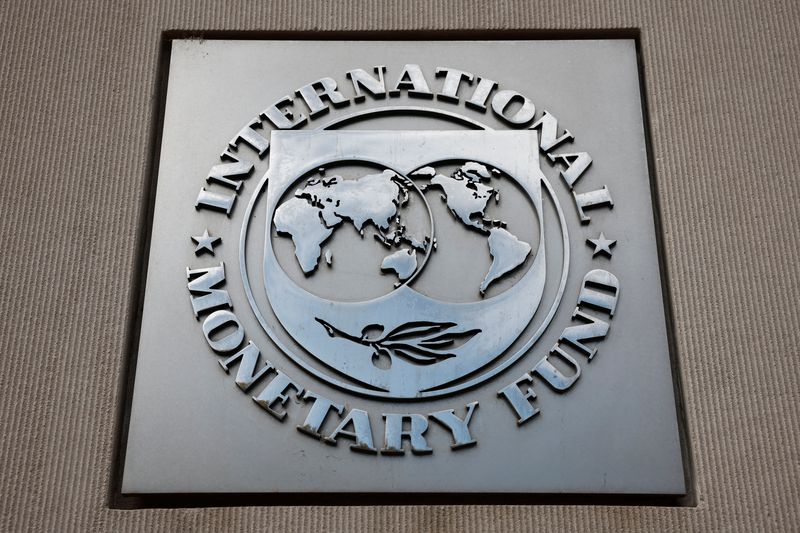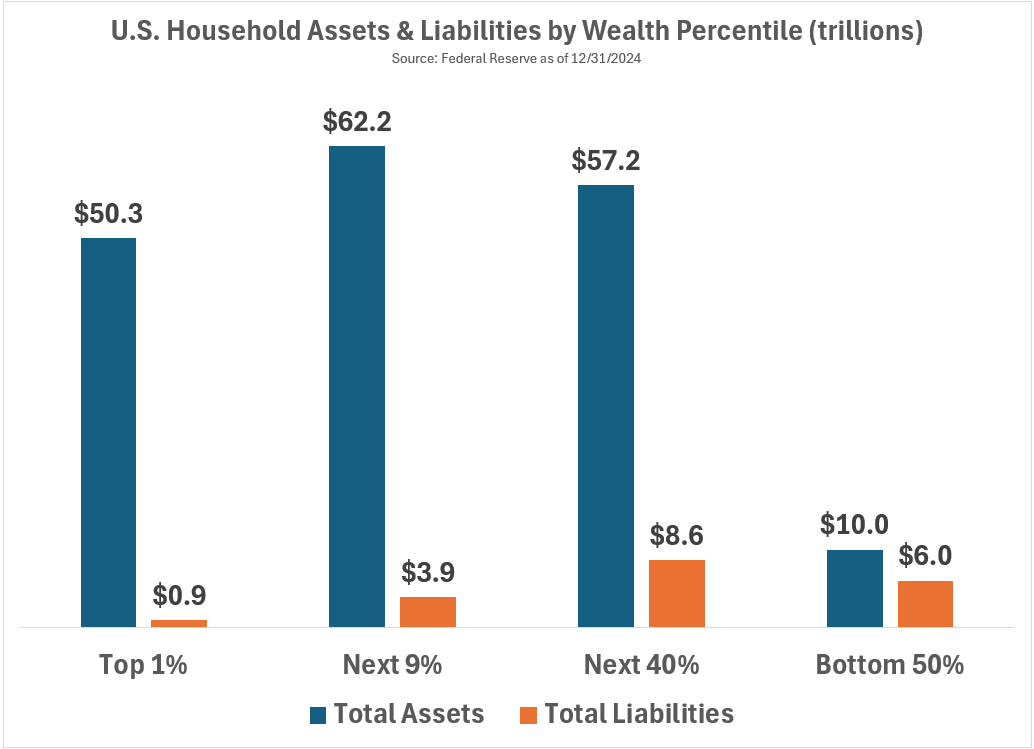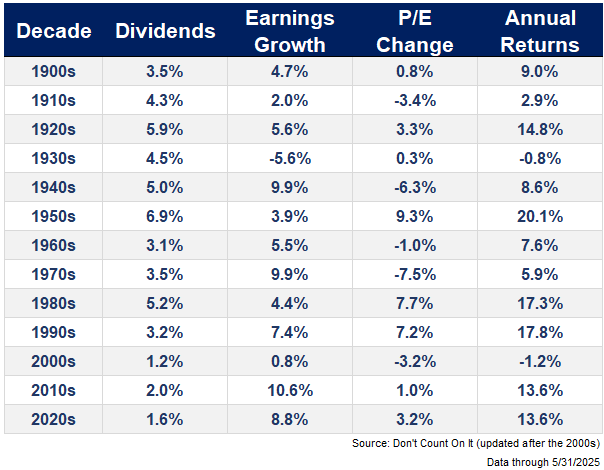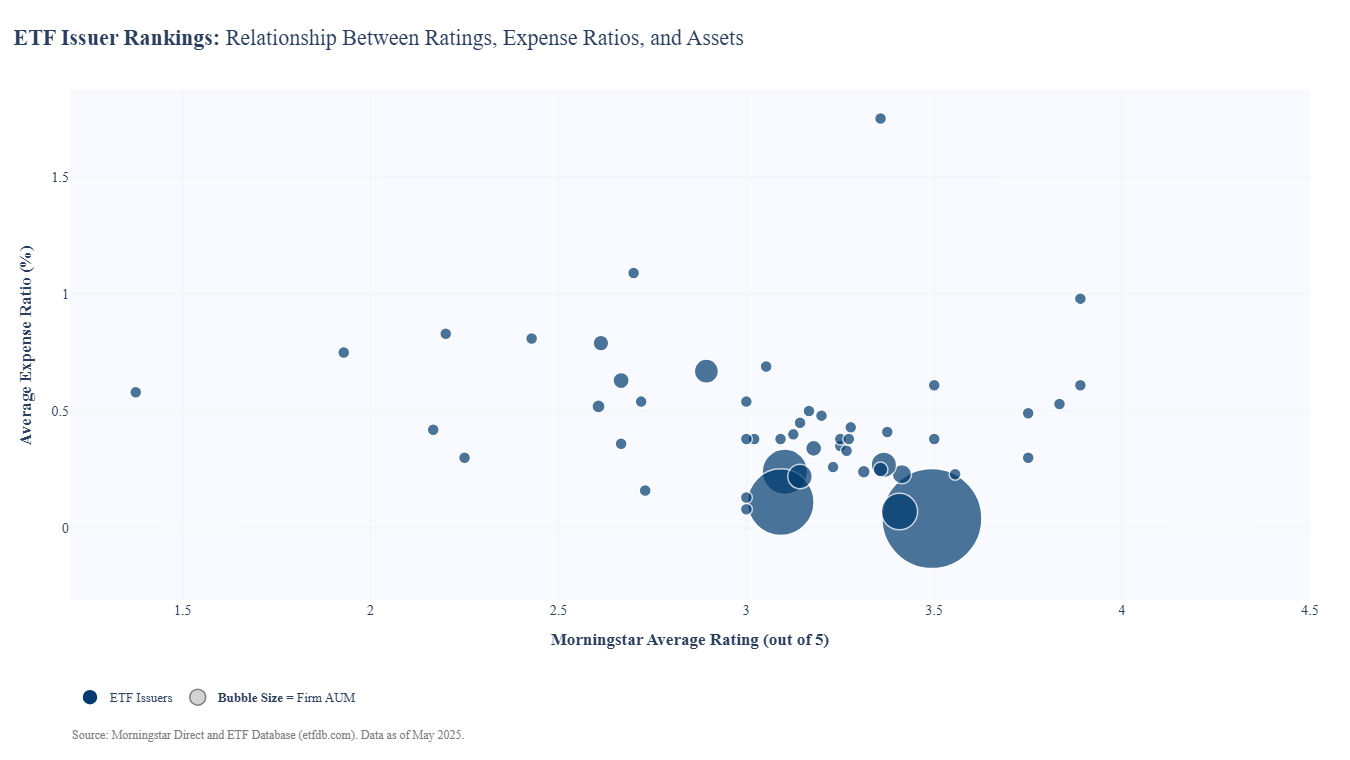How I Plan to Split My Father’s 401k with My Siblings Without Getting Hit by Taxes
The moment a family member passes away, it’s perfectly understandable to have a wide range of emotions. From sadness and grief, to knowing they are out of pain, it’s perfectly okay to feel any number of ways. This is especially true when it comes to money, which is arguably one of the most contentious issues […] The post How I Plan to Split My Father’s 401k with My Siblings Without Getting Hit by Taxes appeared first on 24/7 Wall St..

The moment a family member passes away, it’s perfectly understandable to have a wide range of emotions. From sadness and grief, to knowing they are out of pain, it’s perfectly okay to feel any number of ways. This is especially true when it comes to money, which is arguably one of the most contentious issues after someone passes away.
In the case of this Redditor, she is trying to navigate how to disperse money from her deceased father’s 401(k).
A handshake deal with siblings means the money will be split, but she is the only one with a tax burden.
She likely should seek the advice of a CPA who can best advise her on how to handle the tax amount.
Are you ahead, or behind on retirement? SmartAsset’s free tool can match you with a financial advisor in minutes to help you answer that today. Each advisor has been carefully vetted, and must act in your best interests. Don’t waste another minute; get started by clicking here.(Sponsor)
Key Points
One Redditor posting in r/inheritance is currently trying to figure out what to do next after their father recently passed away. The current subject revolves around the Redditor and his siblings watching their father’s health start to decline, and an understanding that they would equally share an inherited 401(k) account. However, there is a serious question about how to handle taxes.
Trying to Navigate Inheriting Money
It’s always tricky to try to navigate the pitfalls of inheriting money shortly after someone passes away. Aside from the idea that money itself can cause emotions to run high, adding grief to the mix makes it possible that this situation could lead to an explosion of anger and frustration if not handled properly.
For the Redditor, he watched his 69-year-old father pass away after suffering from dementia near the end. Unfortunately, before his death, the father did not make any move to designate all of the children as beneficiaries of the 401(k), just the inheritance.
Currently, as the sole beneficiary, the Redditor is trying to navigate the distribution of this money among herself and two other siblings, while ensuring that it doesn’t put her and her husband into a higher tax bracket.
As a result, she is seeking assistance in determining whether it would be best to withdraw the entire balance and calculate the taxes evenly. Alternatively, should she and her siblings put some money aside for taxes, or consider a third option to divide the money evenly and give it to her siblings while keeping her portion in the inherited IRA?
What to Do Next
The most important thing this Redditor needs to know is that any money withdrawn from the inherited 401(k) will be taxed as ordinary income. Her concern here is valid, and while we don’t know which tax bracket she is worried about, it very well could push her into paying more next year.
Perhaps most importantly, she needs to recognize that she will be taxed the full amount, regardless of how many people receive this money. As another Redditor points out, the IRS will consider her the sole beneficiary, as sibling agreements are not binding in this case. Therefore, she’s solely responsible for the taxes, but she also needs to remember that entering another tax bracket doesn’t mean she’s out a small fortune. Instead, she should remember that only the amount of income that puts her into the next tax bracket is taxed.
In other words, if she withdraws all $69,000 but only $30,000 of that is moved into another tax bracket, she would only need to pay the higher tax percentage on the $30,000, and a lower tax burden would be assessed on the other money.
There is no question that she should calculate the tax potential brackets based on her total income, including the inherited amount, to strategize her withdrawals. The hope is that the relationship with the siblings is strong enough that they will either A) help to pay taxes or B) understand how to withdraw this money over 10 years, thanks to the SECURE Act, to minimize the tax burden.
Sibling Gifts
One potential scenario to explore is sharing this money with siblings, which has to be handled carefully. The bottom line is that since the Redditor is the sole inheritor, if she splits the money with her siblings, it will be considered a gift to them.
In 2025, the total amount you can give someone without triggering any gift tax return is $19,000 per person. This means the Redditor can distribute up to $19,000 to each sibling from the inherited 401(k) without incurring any additional tax burdens. The best advice here may be to withdraw the money from the 401(k), put it into your account, pay the taxes, and then give the post-tax amount to the sibling. In other words, if the taxes were $3,000 on your end per sibling, each sibling would only receive $16,000 as a gift.
Professional Help
It can’t be overstated that in situations like this, contacting a professional is the best possible course of action. This isn’t a space the Redditor is familiar with, so consulting a tax advisor, even if it’s just one phone call, could likely save her thousands of dollars and as many headaches down the road.
The post How I Plan to Split My Father’s 401k with My Siblings Without Getting Hit by Taxes appeared first on 24/7 Wall St..














































































































































































